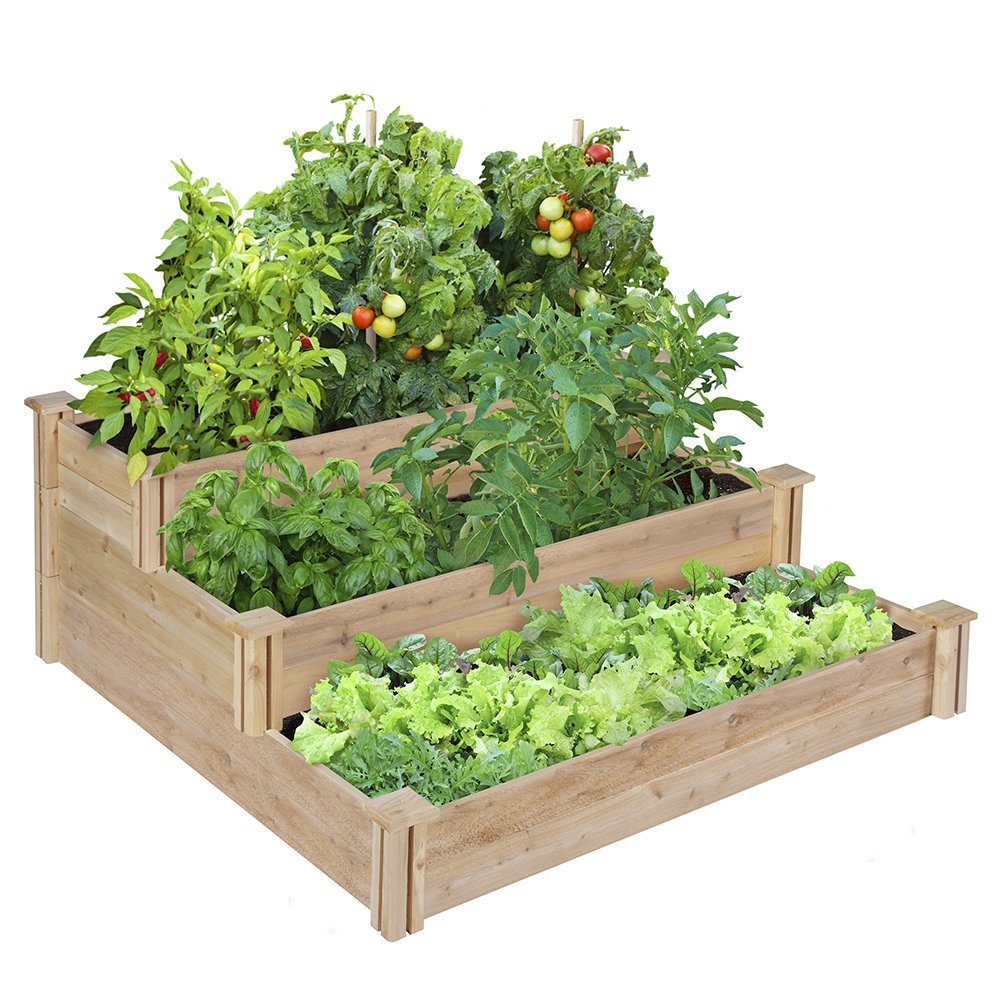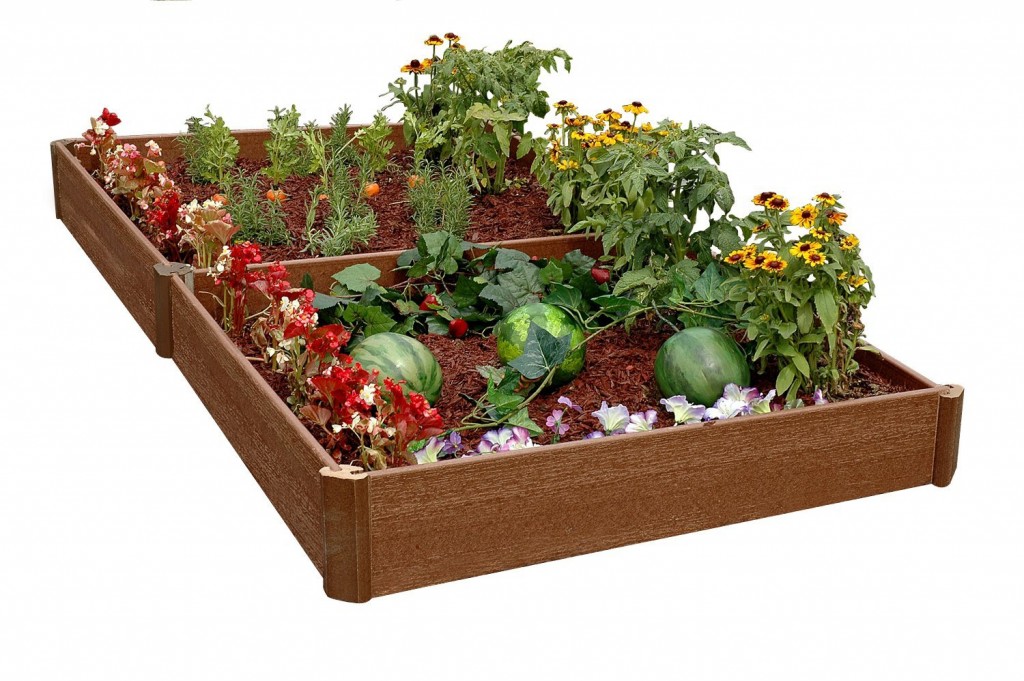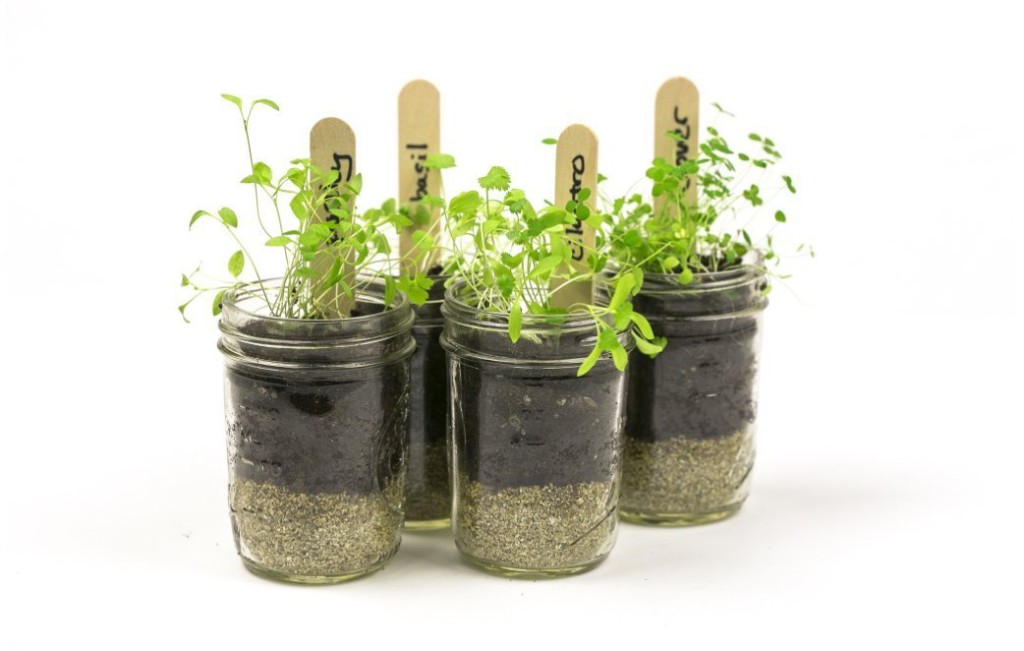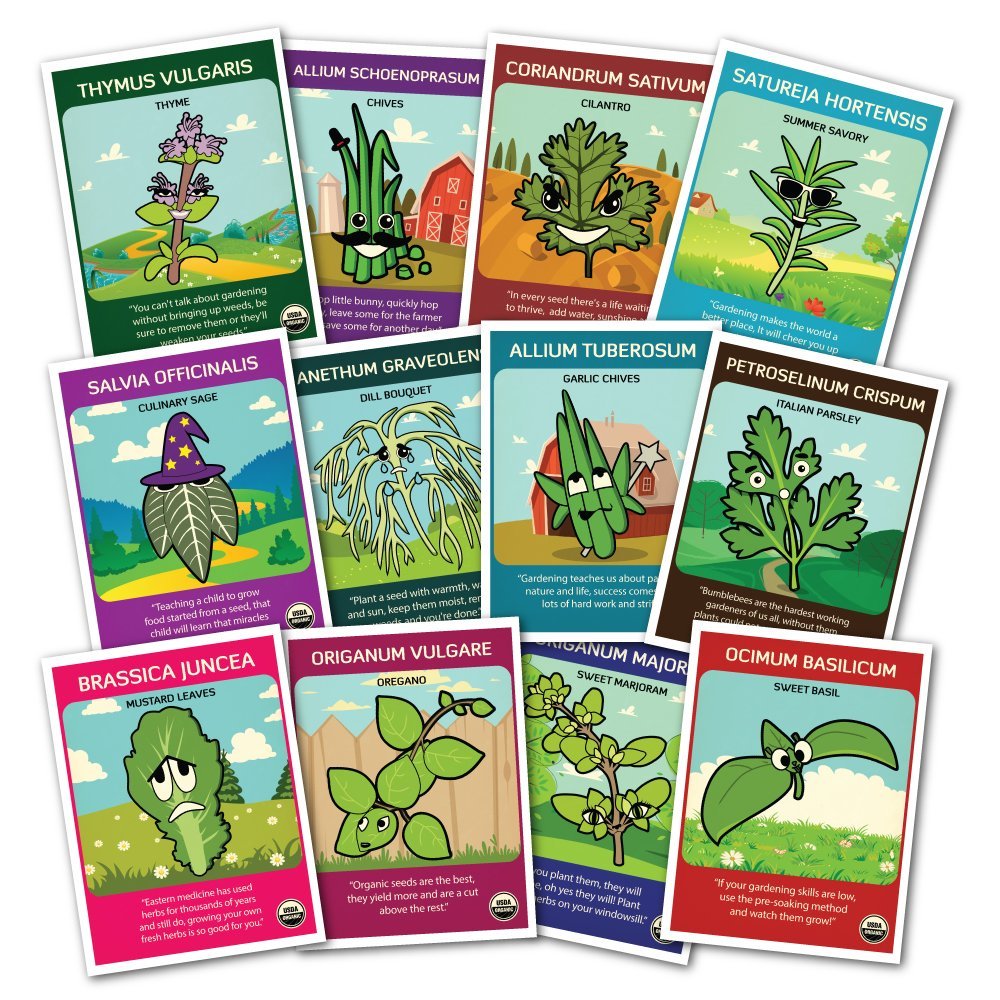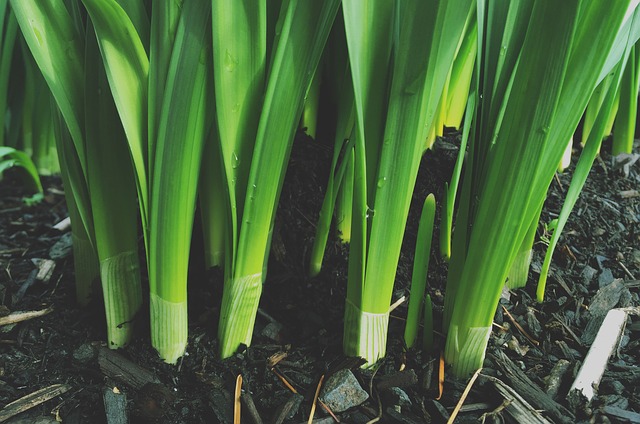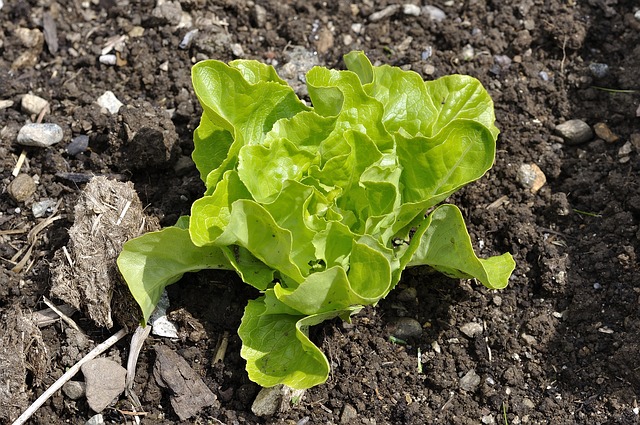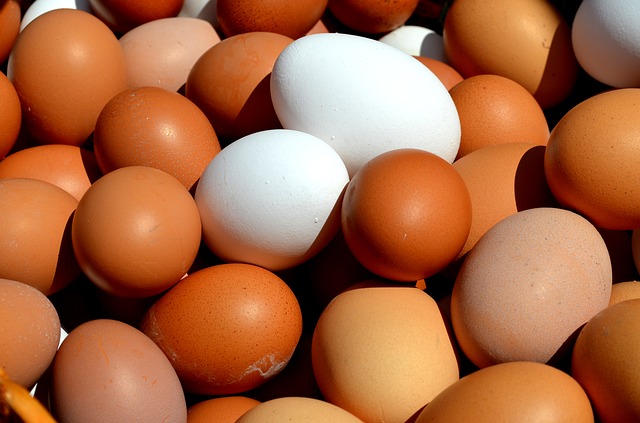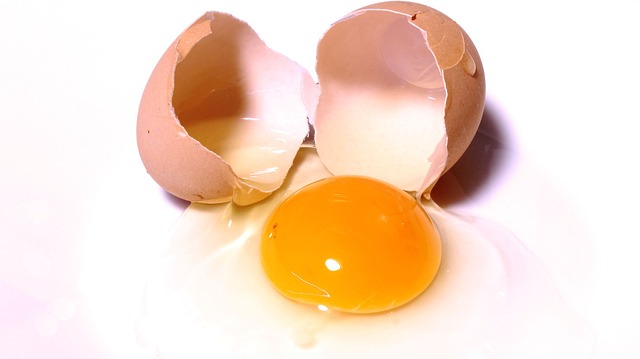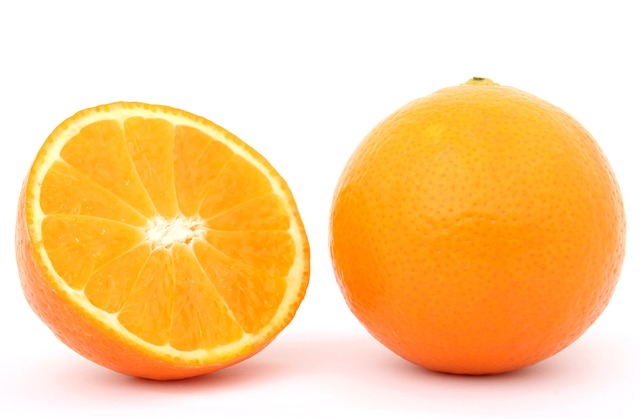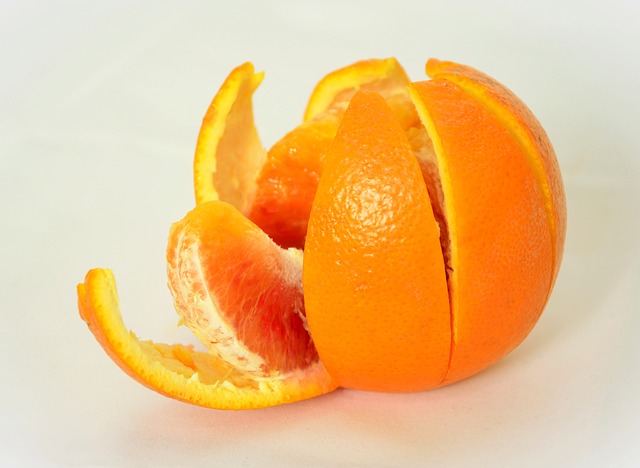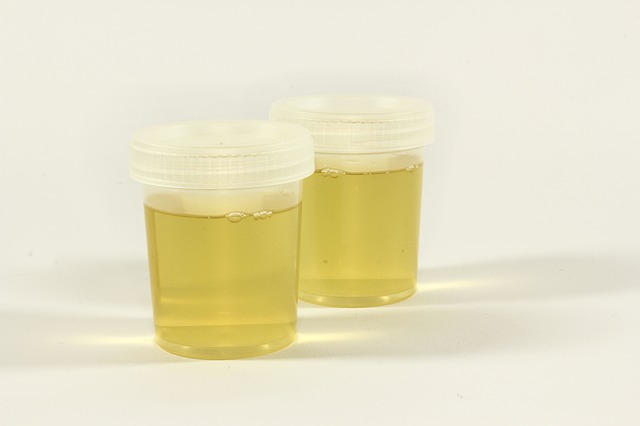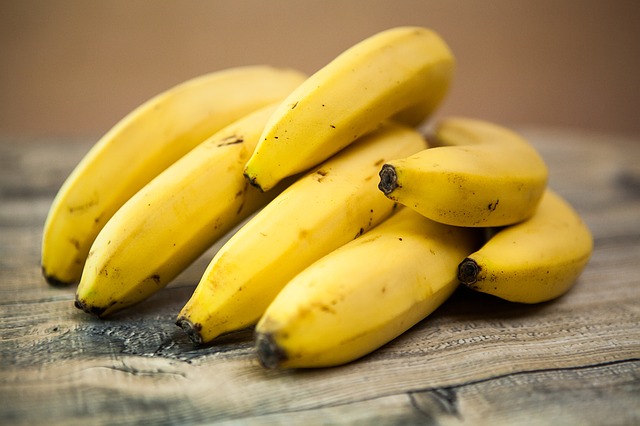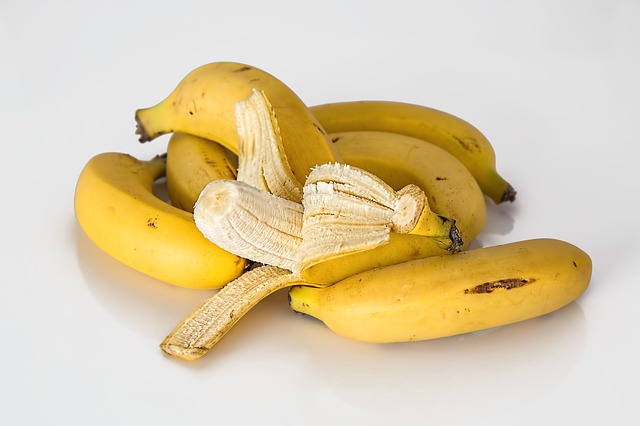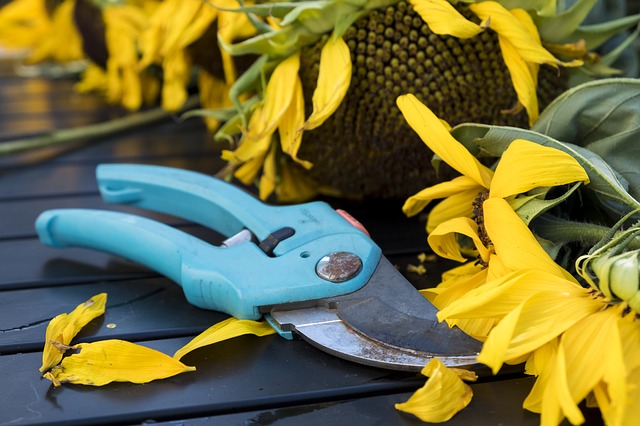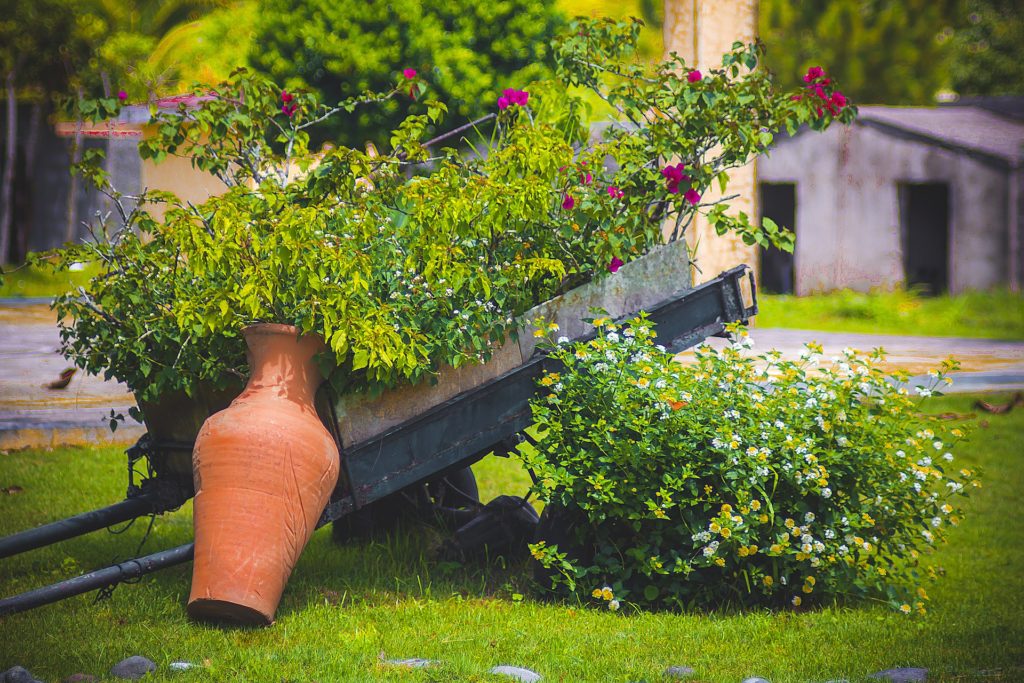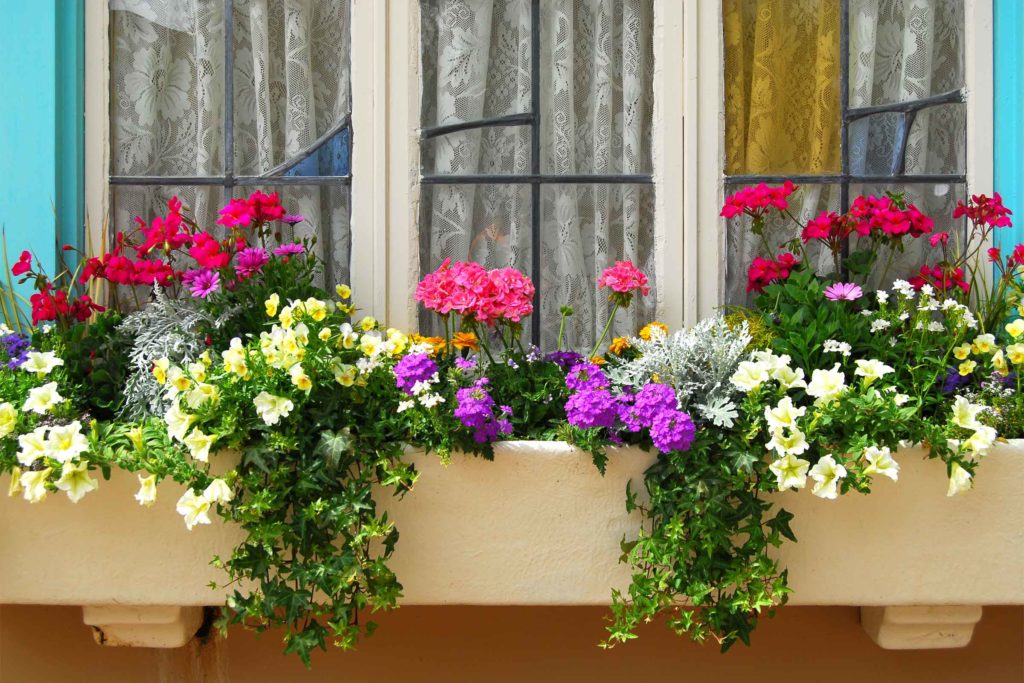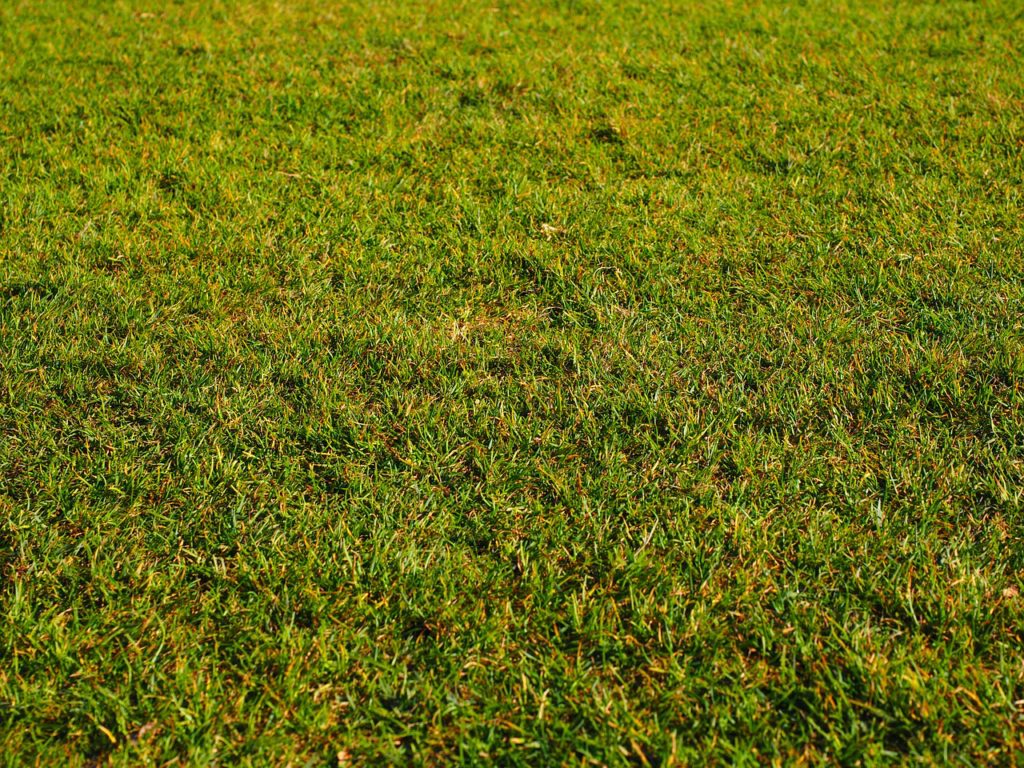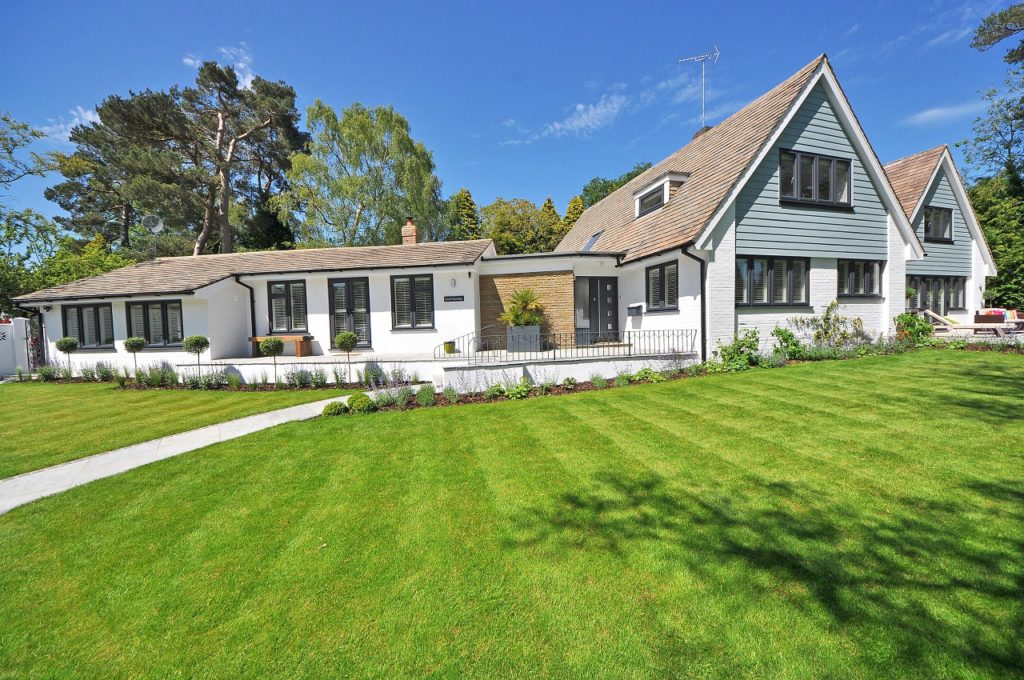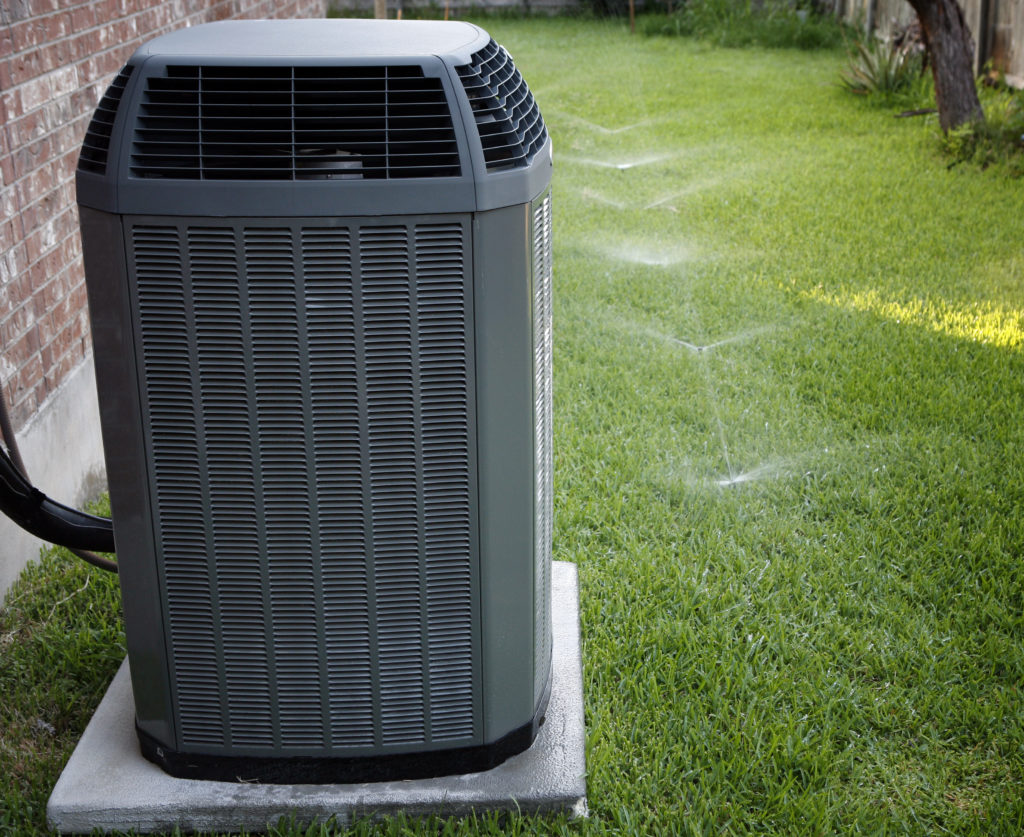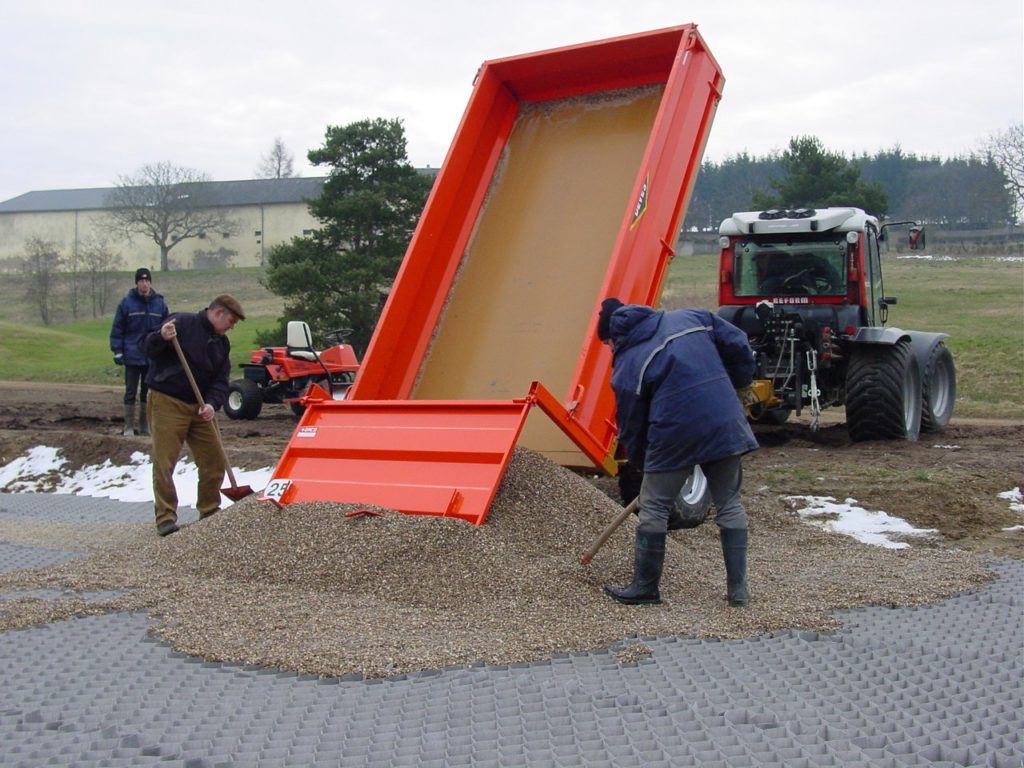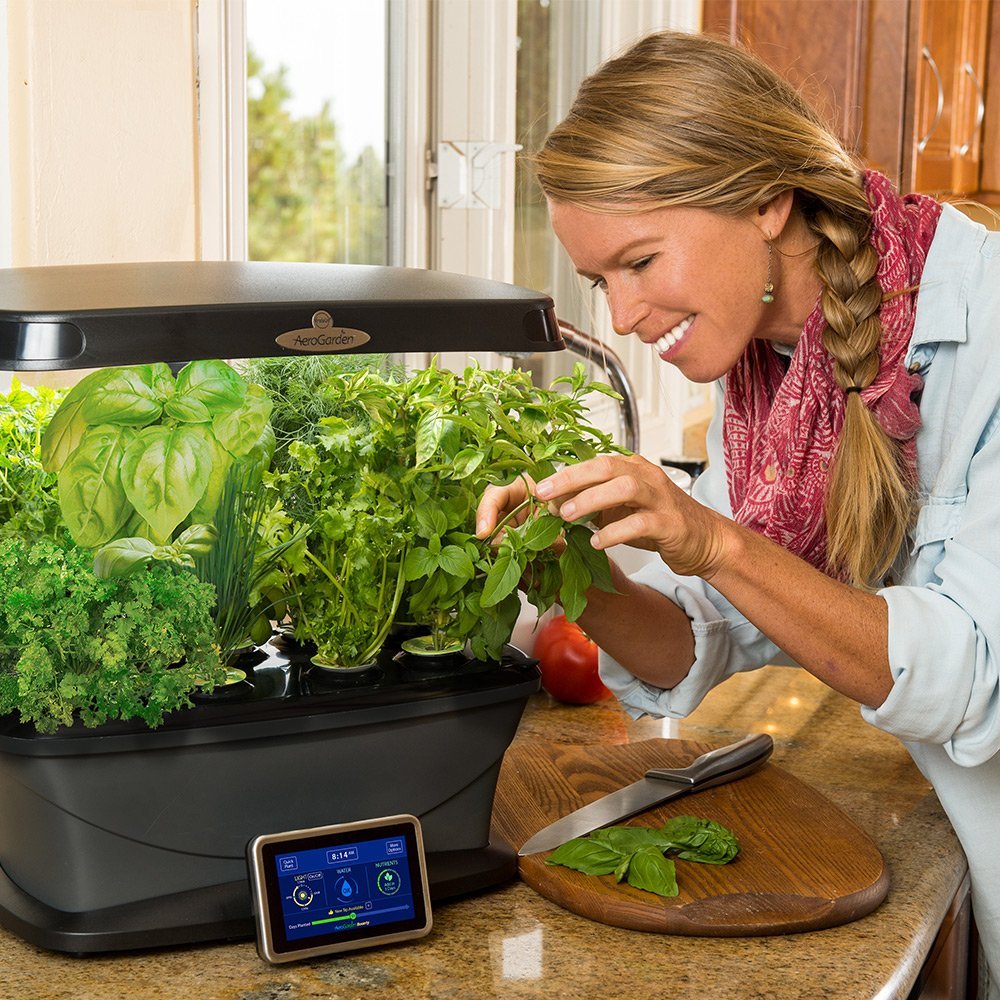
Within the last few years, both organic foods and farmers’ markets have exploded in popularity. This in turn has attracted many homeowners to the idea of kitchen gardens. While they were much more common years ago when growing your own food was the norm, today they really are making a comeback.
Why Get Started
So why would you want to incorporate a kitchen garden into your outdoor space? There are many reasons. Not only is the thought of growing your own food while learning and experiencing the process firsthand an exciting one, but it is perfect for parents of young children as well.
It can be invaluable and an incredibly fun lesson for kids about life, science, responsibility, and food in general. Just knowing exactly what was used to produce some of the food going into your body and where it was grown can also just be very comforting.
You don’t need to live off the land fully to experience the pride in knowing that one or more of the ingredients in a meal was created by you. But whatever your reason or reasons for considering one, there are a few things to know first.
Starting Out Right
When starting out, small is always the smartest way to go. And while it may be the only way to go for many people anyway due to space constraints, it really is much more convenient. Raised wooden planters around eighteen inches high are perfect. One of their biggest advantages is that you have complete control of the soil used.
You can build your own planters for very cheap or simply purchase one. Transforming them into a place to sit is as easy as installing two by six pieces of wood on top of the edges. Doing so can also be ideal for sitting while tending to your garden or just talking with friends and enjoying your yard.
Narrow-raised beds are better than wider ones as they allow you to work on them without having to physically get inside. You should try to keep it at most four feet in width.
If you don’t have the space for a bed, don’t worry you have other options. There are many vegetable and herb choices such as lettuce which can look great as a border in your existing garden. You can also mix others in amongst your plants. And don’t overlook pots either, you can use them to grow individual items and are actually the simplest way to get into kitchen gardening.
Things To Consider
Doing some research on what you would like to plant in your yard before getting started is always recommended. That way you can find out how much sun they will need and plan accordingly. You should also think about what is convenient for you.
Do you want to have your ingredients at easy reach close to your kitchen? Or would you prefer to have them further back? Many kitchen gardeners love the process of getting out in the yard and among their plants.
It’s totally up to you. Don’t forget to take any drainage problems or runoff areas into account either. Fixing them beforehand or avoiding them at the start will save a lot of time and wasted effort.
You don’t have to live in the country to enjoy the benefits of growing your own food. With even only a small space and a few pots, you can experience the pride and delicious taste of ingredients grown in your very own kitchen garden! Just be sure to follow the tips mentioned above so you can start out right.
Start Shopping for Kitchen Gardens!
The Best Places To Find Free Composting Materials
Many people are interested in composting but feel like they don’t have access to enough organic materials. Luckily there are a range of places you can find free composting materials to get started or make your current pile bigger. Here are some of the best and easiest...
4 Steps to Get Your Garden Ready for Spring
After being cooped up all winter, you may be dreaming about harvesting from a lush summer garden. But before you get there, there’s a lot of work to be done to get the garden ready. Spring garden prep can be intimidating, especially if your garden beds have been left...
What Not To Compost
Composting has many excellent benefits. It allows you to recycle organic material which can then be used to help to enhance your soil. And of course, it’s an environmentally friendly way to reduce trash. But before you get started you’ll need to know what not to...
How To Build A Vegetable Garden That Is Both Tasty And Attractive
A healthy vegetable garden can provide you with hours of stress-busting, mental health-boosting fun and give you and your family healthy, organic produce to eat for months. If you have even a few square feet of yard space, planting a vegetable garden is easy and...
Using Eggs Shells In The Compost
There are many food scraps that people use in their compost. However, there is one that is often overlooked. Using egg shells in compost is not just a great way to help reduce waste but also boosts the nutrient content of the soil you are creating for your plants....
Using Egg Shells In The Garden
Once you learn how you can use egg shells in the garden you won’t just think about eggs solely as food. Their shells are a free way to add to the health of your soil and plants, but they also have quite a few other helpful benefits as well. Here are the best ways to...
Using Orange Peels In The Garden
Oranges are a healthy snack and ingredient but you’re most likely wasting one of the most beneficial parts, the peel. While we can’t eat them, using orange peels in the garden has many surprising advantages. Here are the top ways you can put your peels to work....
Can You Compost Orange Peels?
If you’ve ever wondered, "can you compost orange peels?" the answer is yes. Although there are a few things you should know when doing so. So here’s your fast guide! Composting Basics When composting, you’ll need to include a mix of both carbon and nitrogen-rich...
Using Urine As Fertilizer
While urine is waste, it also contains nutrients that our bodies can’t use. But your garden can! Using urine as fertilizer is free and as organic as it gets! Here’s what you’ll need to know when thinking about using it. There have actually been multiple studies that...
The Urine-Compost Connection
Composting is all about re-using organic materials. And like the majority of us, you probably have been flushing away one of the most natural ways of all to condition your compost. By adding urine compost can be given a huge boost and that is passed on to whatever...
Using Banana Peels In Compost
Can you put banana peels in compost? You bet you can! While bananas offer us some extremely important nutritional benefits that help us to stay healthy, their peels can be used to add to the health of your compost pile as well. Bananas are one of the most popular...
Using Banana Peels In The Garden
Bananas are both delicious and healthy. And you may have wondered after finishing your morning shake or afternoon snack whether those peels you’ve been throwing away for years could be used for other things. What can you do with banana peels? It turns out quite a lot,...
Common Gardening Injuries And How to Avoid Them
While gardening isn’t necessarily the most dangerous pastime one can think of, injuries do occur. Recent data suggests that in the US alone, over 300,000 gardening injuries occur annually. So whether you are a seasoned gardener or are just beginning, it’s important to...
Just Moved? How To Safely Transport Your Plants Into Your New Garden
It can take years of planting and care to create a magnificent garden. That’s why the prospect of relocating or moving houses can induce anxiety in gardeners. Whether you plant ornamentals, or if you grow your own vegetables, having to start over can be a daunting...
Filling Those Window Boxes: Flower Species That Thrive With Container Gardening
Those traditional window boxes overflowing with flowers may remind you of summer cottages or childhood dreams. This particular feature is one that you want at your home all year-round. Container gardening for window boxes takes a certain flair for picking out the...
Why You’ll Want To Revamp Your Garden with Artificial Grass
Installing an artificial lawn is an easy and attractive way to improve and revamp your garden. This is because an artificial lawn is like a real lawn, only much better! Artificial grass has been developed to such a high-quality standard that it looks and feels as...
The Best Grass Types For Creating A Drought Tolerant Lawn
Many of us live in dry and arid places. There are many locations around the world that unfortunately for your lawn don’t get much rain throughout the year. For people who live in these places, a green, healthy-looking lawn can seem impossible to have and maintain....
Selling a House? 5 Ways Your Garden Scares Away Buyers And What To Do About It!
When you’re selling your home, it’s easy to get wrapped up in the look of the interior. You brush on some neutral paint, declutter and make repairs. But your garden (or yard if you're in the U.S.) can be equally as important when it comes to a house sale. You need to...
Replacing Your Outdoor HVAC Unit
If your outdoor HVAC unit seems like it’s on its last leg, then it’s best to go ahead and replace both the indoor unit and the outdoor heat pump or air conditioning unit at the same time. Unfortunately, this is a necessary evil. The indoor air handler and the outdoor...
Garden Drainage: How to Avoid a Waterlogged Garden & Patio
Many locations around the world get a lot of rain. With an average of 33 inches of rain per year, this is especially true in the U.K. where it is rare for a day to pass that it is not raining somewhere. Regardless of where you live this can lead to problems with...
